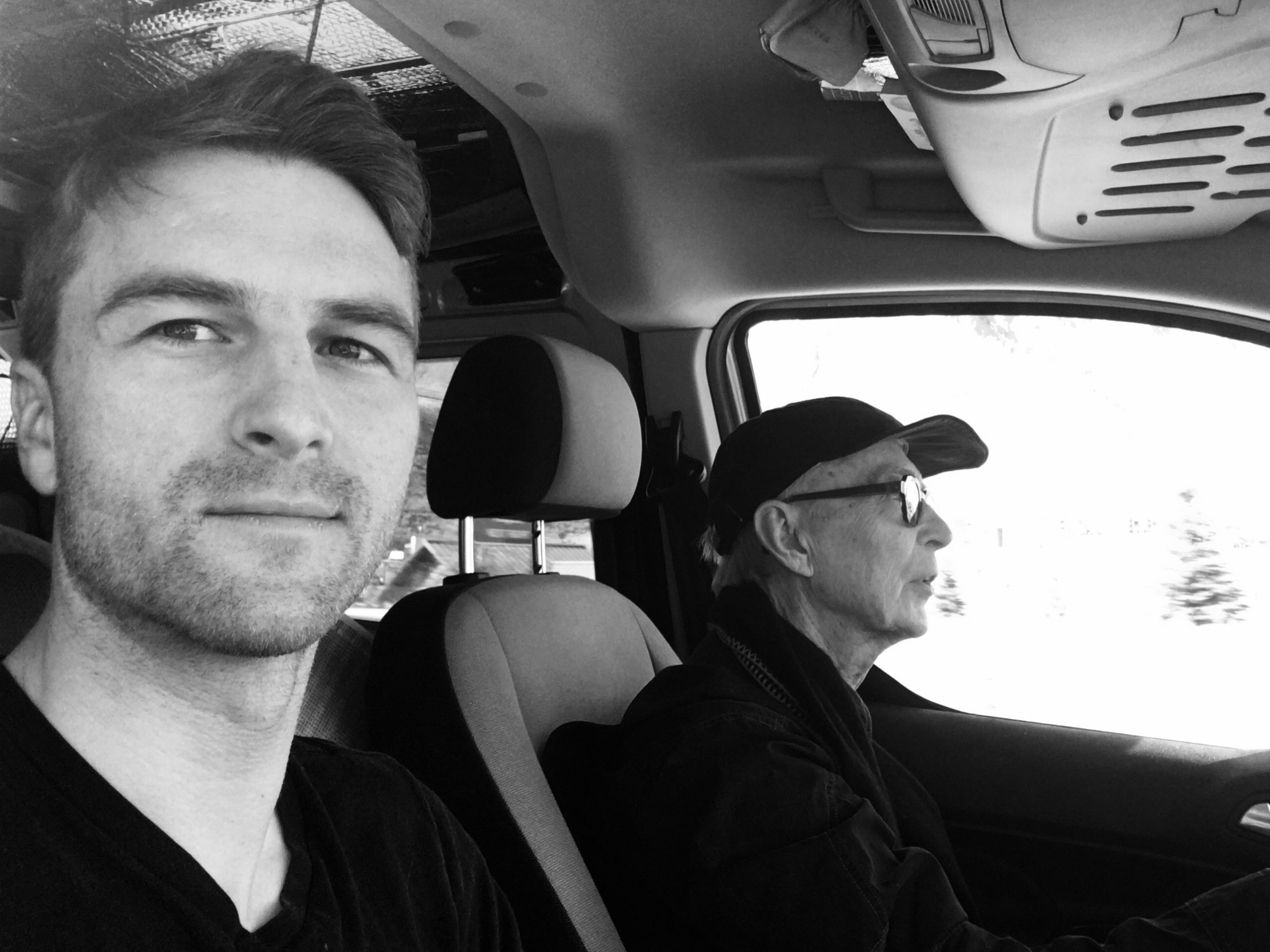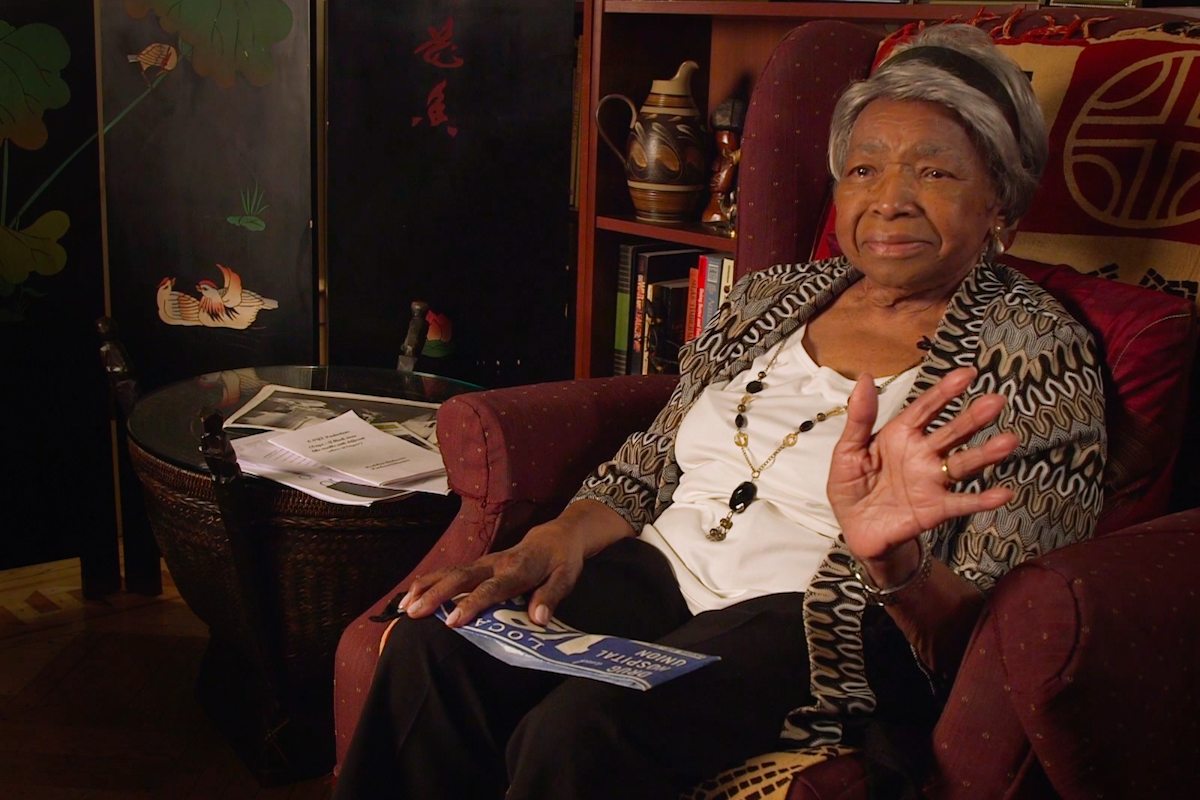On Film Programming: An Interview with Inney Prakash
A film programmer at Maysles Documentary Center and several film festivals including his own, Prismatic Ground, Inney Prakash has had the experience of turning his curatorial eye from in-person events to online programming reaching an international audience. During our conversation, he dives into his career path, a few of the films that have shaped his worldview, and the role of curation in social justice movements.
On Respecting Your Subject: An Interview with Jethro Waters
Filmmaker Jethro Waters has a background in cinematography and an ear for music. He tackles the biopic of master photographer Burk Uzzle without ever making you feel like you’re doing homework. There is energy in his work and a true respect for his subject. Though it’s hard to witness how little America has progressed in terms of racial justice since Uzzle began working seven decades ago, the film vibrates with hope that good things might yet still come. We sat down over Zoom to discuss his film “F11 and Be There” and some of the influences that contributed to its creation.
Filmmaker, Mother, Activist: Madeline Anderson, in Her Own Words
I first learned about Madeline Anderson (b. 1927), primarily through her work on the public affairs news program Black Journal, when I was a graduate student conducting research on African-American cultural production. As I recall, her name was a footnote in an essay; there was not much information beyond a credit line. At the time, I was seeking to identify pioneering female filmmakers since the field of study is often so male-dominated. I was determined to find out if there were women working behind the camera as well. As my research expanded, I learned about Zora Neale Hurston’s anthropol


